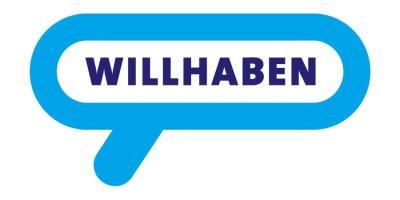With June 2017, roaming will become a thing oft he past and the Internet will be „open“ for every EU citizen – those promises come along an agreement of the European Commission with the European Parliament and the Council.
Roaming
Since 2007, the limit of possible roaming fees was cut annually. All in all, the prices for calls, SMS and data consumption abroad were reduced by 80 percent (see press release of the Commission). A further – and last – reduction is planned for April 2016. Operators will only be able to charge a small additional amount to domestic prices up to 0.05 Euro per minute of call made, 0.02 Euro per SMS sent, and 0.05 Euro per MB of data (excl. VAT).
Roaming will cease to exist as of 15 June 2017, according to the agreement. Only restriction: Operators will still be able to charge additional roaming fees from consumers who stay abroad permanently. The rules prevent abusive uses (as explained in this factsheet of the Commission).
The details will be cleared throughout the following year during a reform of the EU regulations regarding telecommunications – with the aim to create unified rules for the entire EU area.
Net neutrality
A buzzword that keeps appearing in the public discussion is net neutrality. It means that every citizen should be able to access content on the internet – and every company should be able to provide content. The integration of this principle into EU legislation will tackle discriminating practices like unfair blocking or slowing down as well as paid priorisation of content.
According to the press release of the EU Commission, "Internet access providers will still be able to offer specialised services of higher quality, such as Internet TV and new innovative applications, so long as these services are not supplied at the expense of the quality of the open Internet."
Critical voices respond that this may open backdoors and therefore undermine actual and comprehensive net neutrality. Nevertheless, the information given by Commission, Parliament and Council doesn’t provide any details on this specific topic. It remains to be seen what kind of rules will be defined in the following year.
Please find further information of ECC Austria regarding roaming in this article. More on the Digital Single Market is summarised here.









